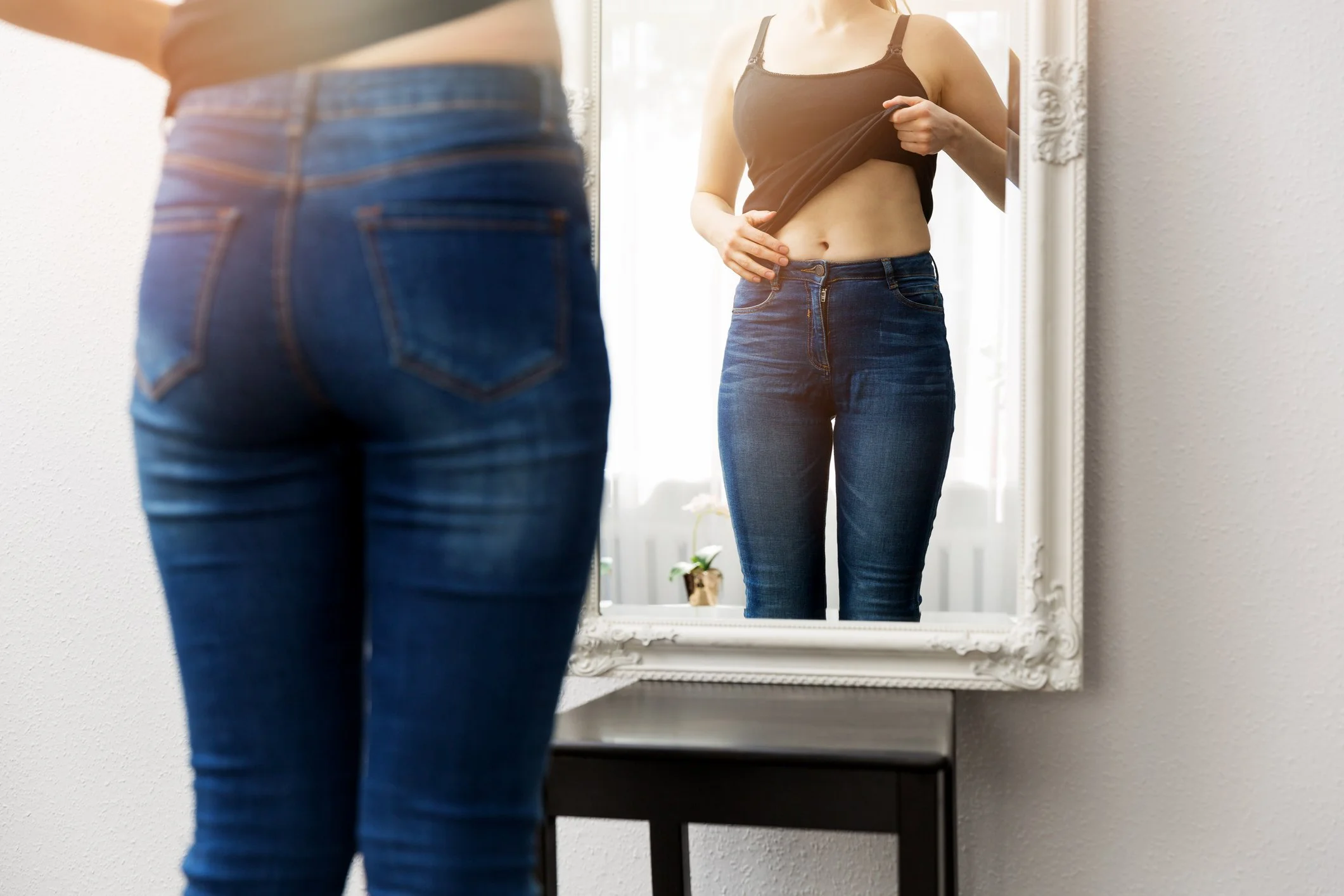Discussing Body Image & Bullying with Teenage Girls
Body image and bullying are significant issues that many teenage girls grapple with in today’s world. The societal expectations of beauty and the prevalence of bullying, both online and offline, can greatly affect a teenager’s mental and emotional well-being. As parents, it’s important to understand these issues and offer the necessary support our daughters need to navigate them.
Are They Being Bullied or Are They the Bully?
Bullying can be a tough and harmful experience that comes in various forms. While it may not always be easy to spot the warning signs, certain red flags should be on your radar. These include changes in behavior or academic performance, sleep disturbances, changes in eating habits, physical symptoms like headaches or stomach aches, and mental health concerns such as anxiety, depression, or social withdrawal. If your teenager is experiencing unexplained bruises or damaged possessions, it could indicate that something more serious is happening.
But what if your teen is the one doing the bullying? It can be challenging to come to terms with this possibility. Adolescents who engage in bullying often display aggressive behaviors, frequently clash with school staff, associate with peer groups that promote bullying, and prioritize popularity and reputation. It’s important to approach the situation with empathy and compassion, acknowledging that bullying may stem from underlying issues. By opening a dialogue and providing education about bullying, you can help your teen understand the impact of their actions and begin the process of change.
When Bullying Enters the Chatroom
Cyberbullying is a form of bullying that takes place through digital devices like tablets, computers, and cell phones. It can include text messages, social media platforms, online gaming communities, emails, and photos. Cyberbullying has a way of infiltrating every corner of a teenager’s life, leaving them without a sanctuary. Bullying on the internet can be especially harmful due to the lasting impact it can have on a person’s reputation. The fact that the content is easily accessible to a wide audience only adds to the humiliation experienced by the victim.
Furthermore, the online world is always active. Teens often feel overwhelmed and vulnerable due to the constant occurrence of cyberbullying. On social media platforms, bullies can hide behind anonymity, intensifying the impact of their attacks. Individuals who experience cyberbullying may feel a sense of loneliness and fear, often choosing to keep their experiences to themselves. As parents, it’s important to create a safe and open environment where your teenager feels comfortable discussing their online experiences.
The Challenges of Body Image
Body image refers to the way we perceive our bodies and how we think others perceive us. For teenage girls, body image can be a major source of stress and anxiety. Many teens feel inadequate or dissatisfied with their bodies due to the unrealistic beauty standards promoted by the media and social media platforms. This can lead to various negative consequences, such as decreased self-confidence or even more serious issues like eating disorders or self-harm.
Parents should remain engaged and observant, as teens may not always openly discuss their struggles with body image. Look out for signs of obsessive behavior surrounding food, exercise, or appearance, as well as comments indicating dissatisfaction with their body. Encourage open conversations about beauty standards and emphasize the importance of character and personality over external validation. Helping your daughter develop a healthy body image involves addressing her concerns and challenging the societal pressures that contribute to these issues.
Supporting Your Daughter Through Body Image and Bullying
As parents, it’s essential to be proactive in addressing body image and bullying with your daughter. Here are some practical tips to help you support her:
Open Communication: Regularly talk with her about her experiences at school and online. Ask open-ended questions and listen without judgment.
Set Boundaries: Establish guidelines for social media use and promote activities that build self-esteem and confidence in real life.
Model Positive Behavior: Demonstrate through your own actions how to treat others with respect and resolve conflicts without resorting to bullying.
Seek Professional Help: If your daughter is struggling with bullying or body image issues, consider reaching out to a therapist who can provide the support and guidance she needs to overcome these challenges.
Final Thoughts
Understanding the complexities of body image and bullying is crucial to recognizing their profound impact on teenage girls. By staying informed, encouraging open communication, and providing the necessary support, we can help our daughters build a positive sense of self-worth and the strength to cope with bullying. Remember, there are resources and people to support you every step of the way. Together, we can overcome these obstacles and empower our daughters to thrive.


